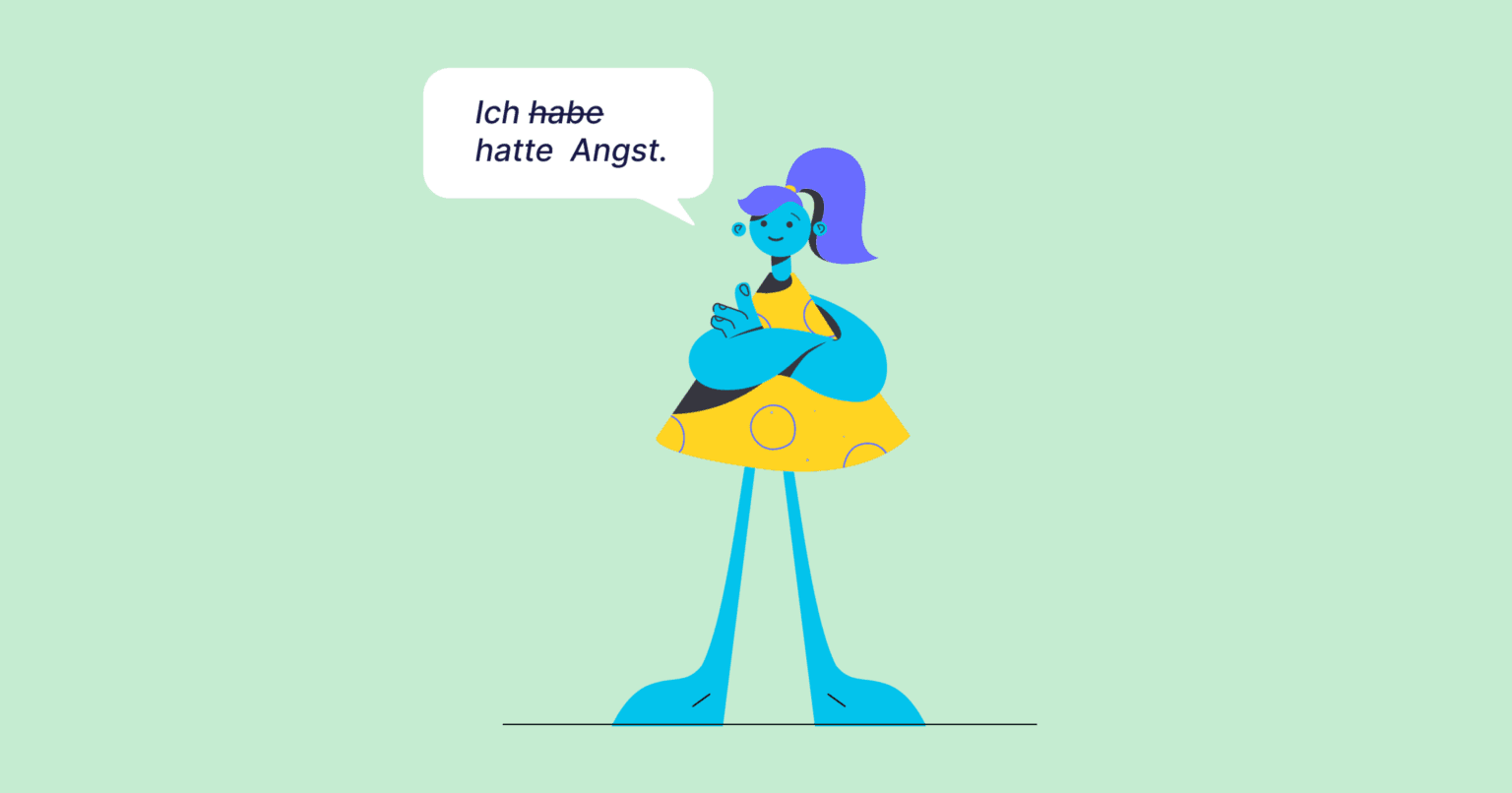Recognizing Anxiety Disorders – Signs, Symptoms, and First Steps

Are you suffering from anxieties or worried about someone close to you – partner, family member, friend, colleague, or neighbor – and wondering if they might be suffering from an anxiety disorder? Learn the most common signs here and how you can provide support.
Recognizing Anxiety Disorders – Typical Signs
Anxiety disorders are among the most common mental illnesses – and they often don't appear overnight, but rather gradually creep into a person's life. Those affected usually experience their anxieties restricting them in daily life – and suffer noticeably from them.
Want to learn more about anxiety disorders and what types exist? Feel free to read our article: What Are Anxiety Disorders?
How Can I Recognize an Anxiety Disorder?
Typical signals are changes in behavior, mood, and physical well-being. Below you'll find some indicators that could point to an anxiety disorder – such as panic disorder:
The person…
- cancels appointments more frequently – often at short notice
- withdraws, even from activities that previously brought joy
- misses appointments and/or is frequently on sick leave
- complains of general discomfort (e.g., gastrointestinal issues, dizziness, rapid heartbeat)
- increasingly visits doctors without a physical cause being found
- appears overtired or distracted and possibly complains of sleep disturbances
- has difficulty concentrating
- experiences panic attacks
- more frequently asks for company or support with everyday tasks (e.g., shopping, driving, using public transportation)
- frequently calls or sends messages to make sure everything is okay (or to ask when someone will be home)
Of course, these changes don't necessarily indicate an anxiety disorder. Sometimes another mental illness or physical cause is behind it – or the person is going through a difficult life phase. Regardless of the reason – let the person feel they are not alone. Gently address what you've noticed and show that you're listening and there for them – without pressuring or judging.
First Steps
When the burden becomes too great, it can be helpful to consider professional help. Family members or friends can be supportive by helping to arrange an appointment with a therapist or doctor. There are now also many specific, helpful digital services that can provide a good starting point and initial support, especially at the beginning – for example, Mindable, a digital health application that specializes in treating anxiety disorders and specifically offers help with social phobia, agoraphobia, and panic disorders. More information can be found here: Digital help with Mindable.




